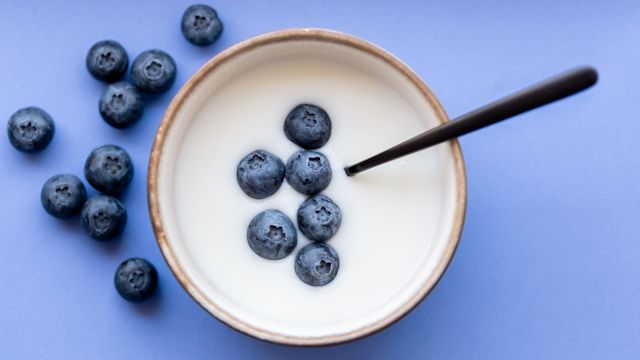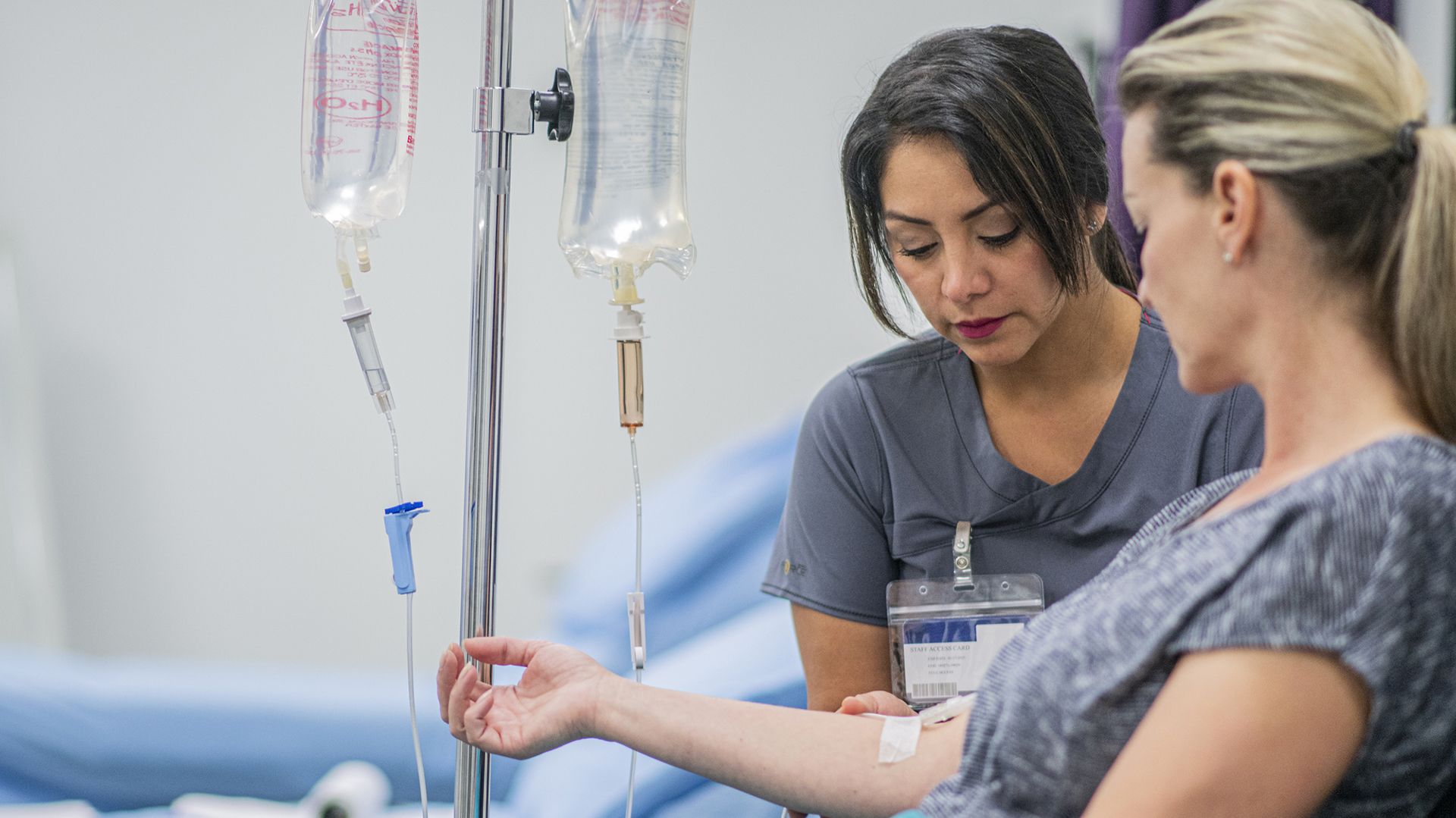Updated on January 13, 2026
If you are caring for someone living with metastatic breast cancer (MBC), diet and nutritional needs are something you should be discussing with the healthcare team. MBC and the therapies used to treat MBC can cause changes to appetite and the way a person's body uses nutrients.
While there is no special diet recommended for people with MBC, following a healthy, balanced eating plan can have several benefits. It can help a person feel better day to day. It can help them cope with the side effects of treatments like chemotherapy, targeted therapy, and surgery. It can also help a person maintain a healthy body weight, improve energy levels, and reduce the risk of infection.
Stacy Davis, RD, is a dietitian and cancer nutrition coach who specializes in helping people meet their nutritional needs during and after cancer treatment. Here, she answers some questions about MBC and nutrition.
First, can you explain how nutritional needs may change for people living with metastatic breast cancer?
Stacy Davis: It can depend on the person and where the cancer has spread to. You have to look and see if there are any side effects from your cancer treatment and understand your weight history. The goal with breast cancer is to have your weight be within ideal body weight (IBW) range and for your body mass index (BMI) to be in a normal range.
How do caloric needs change during breast cancer treatment?
SD: Going through any cancer treatment, your calorie needs go up, which means that you need to eat more. But it’s important to stick to good-quality foods.
What are some of these good-quality foods to eat during breast cancer?
SD: You want to focus on foods that give you the most nutrients, like fruits, veggies, whole grains, nuts, seeds, and beans. That means you’re focusing on anti-inflammatory foods. It’s also good to limit the foods that don’t give you nutritional benefits, like cakes, cookies and candies.
Along those lines, what are some meal ideas for people living with breast cancer?
SD: Soups are great and comforting. I especially like bean soups, which can be made in advance and then put in the freezer so you have a healthy option on hand for later. I also recommend stocking up for stir fries and veggie frittatas. These are always great to have because you can add so many veggies to them. My favorite frittata combination is spinach, mushrooms and onions, but you can add whatever veggies you like to it. This is something easy to make, and you’re able to freeze it for days you don't feel like cooking.
Fatigue can be an issue during cancer treatment. Can you give some tips on foods to address that?
SD: Fatigue is major and could be because of dehydration, so make sure you’re drinking enough water. Flavor up water with fruits or herbs to change up the taste. Eat snacks throughout the day that contain protein, fat, carbs. Examples are hummus with some veggies, yogurt with fresh fruit, or trail mix.
As a nutritionist, what do your breast cancer clients ask you about the most?
SD: Can I eat soy? Yes, it’s okay to have real non-GMO soy products. You want to eat whole soy, like edamame, tempeh, and miso. If you don’t eat soy, it’s okay not to add that to your diet. I also get asked, what shouldn’t I eat? But I think it’s better to focus instead on what’s best to eat—fruits, veggies, nuts, seeds, and beans.
NOTE: People with ER+ breast cancer may want to avoid products that contain soy protein isolate—this includes soy protein-enriched nutrition bars and meat replacements, as well as powdered forms of soy protein isolate.
What are your top three takeaways that people should know about healthy eating during breast cancer treatment?
SD: First, take one day at a time and one meal at a time. If you ate a cookie, it’s okay! Second, add plant-based meals to your diet. Start with one meal a week and then increase your goal. Third, if you’re going through treatment and you want something that isn’t really healthy, try to make it more nutritious. For example, if all you want is ice cream, maybe add fruit to it, or try banana ice cream, make a fruit ice pop, or try a non-dairy ice cream instead.
NOTE: People with MBC should also avoid alcohol. It can interfere with treatment and increase the risk of a cancer returning.






